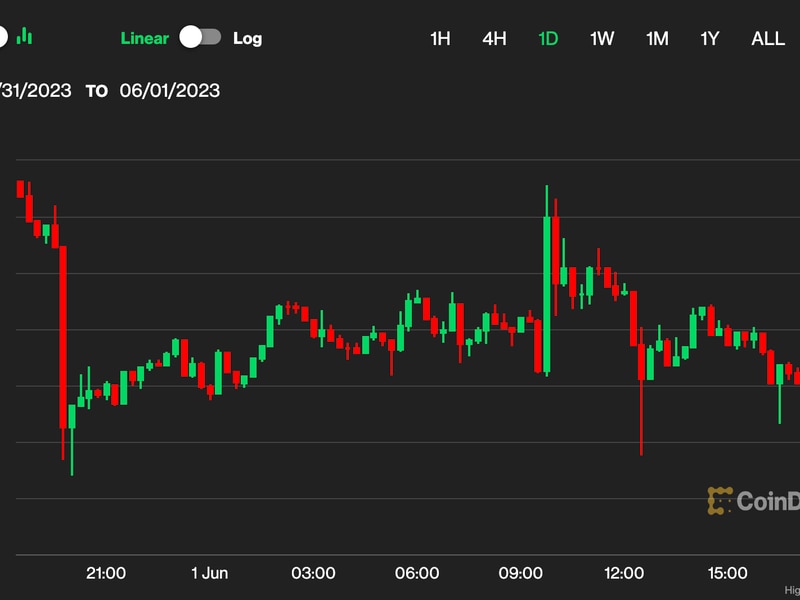Multicoin Led $10M Raise for Crypto-Incentivized Internet Infrastructure Network Pipe
Crypto venture giant Multicoin led a $10 million fundraise for the builders of Pipe, a proposed “content delivery network” (CDN) that uses tokens to incentivize people hosting internet infrastructure.
The startup building Pipe Network, Permissionless Labs, is focusing on one of the unseen but ubiquitous pieces of the modern internet. Many websites cannot afford to let their content lag as it zips long distances from hosting server to end-user. So they rely on networks of relay servers that can be called upon by the end-users to which they’re geographically close.

13:53
‘Web 3 Is Going Just Great’ Founder on Wikipedia Cutting Off Crypto Donations

01:21
How Bitcoin Is Being Adopted Faster Than the Internet in the 2000s

07:54
Crypto Alluring User-Owned Networks
A handful of powerful internet companies like Cloudflare and Akamai run the CDNs that proliferate the modern internet and keep it moving fast. Their systems work just fine. But Permissionless Labs thinks crypto incentives can prompt regular people to lend their own computing power into a competitive alternative.
Enter the decentralized virtual infrastructure network (or DeVIN), crypto’s head-scratching evolution to the previous craze, decentralized physical infrastructure networks (DePIN). Think: Helium used tokens to prompt people to set up wifi routers in random places. The same basic tokenomics principles apply to Pipe’s DeVIN setup.
In its conception people can rapidly scale up CDN nodes in the places they’re needed most by lending their existing computing power, CEO David Rhodus told CoinDesk. Their computers will then help end-users access cached content that might have otherwise been difficult to quickly deliver because of the distance between them and the servers that content lives on.
The project will rely on the Solana blockchain, according to a press release. It is planning to launch a testnet at the Breakpoint conference in Singapore.
Edited by Parikshit Mishra.
Disclosure
Please note that our
privacy policy,
terms of use,
cookies,
and
do not sell my personal information
has been updated
.
CoinDesk is an
award-winning
media outlet that covers the cryptocurrency industry. Its journalists abide by a
strict set of editorial policies.
In November 2023
, CoinDesk was acquired
by the Bullish group, owner of
Bullish,
a regulated, digital assets exchange. The Bullish group is majority-owned by
Block.one; both companies have
interests
in a variety of blockchain and digital asset businesses and significant holdings of digital assets, including bitcoin.
CoinDesk operates as an independent subsidiary with an editorial committee to protect journalistic independence. CoinDesk employees, including journalists, may receive options in the Bullish group as part of their compensation.
:format(jpg)/s3.amazonaws.com/arc-authors/coindesk/fa5ce9a3-9c4d-4ed4-bb04-c7af51bf1a0d.jpg)









